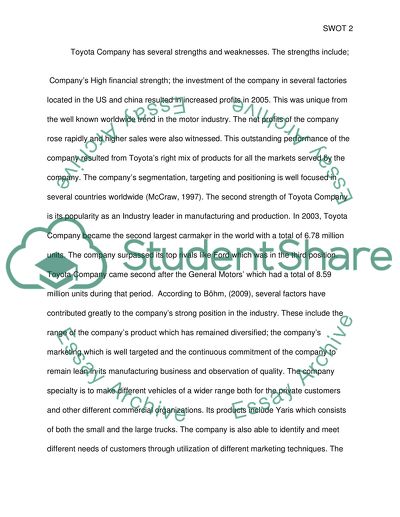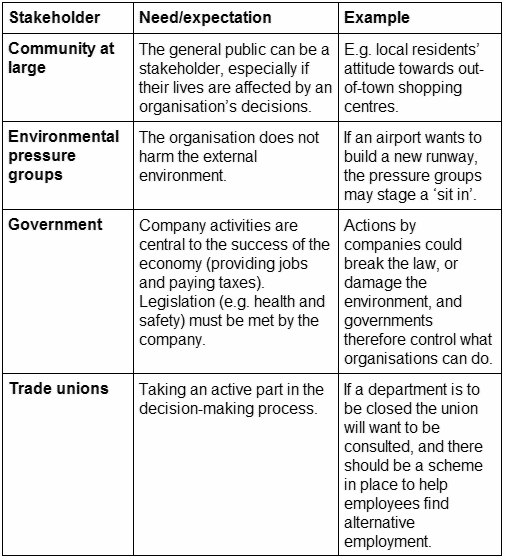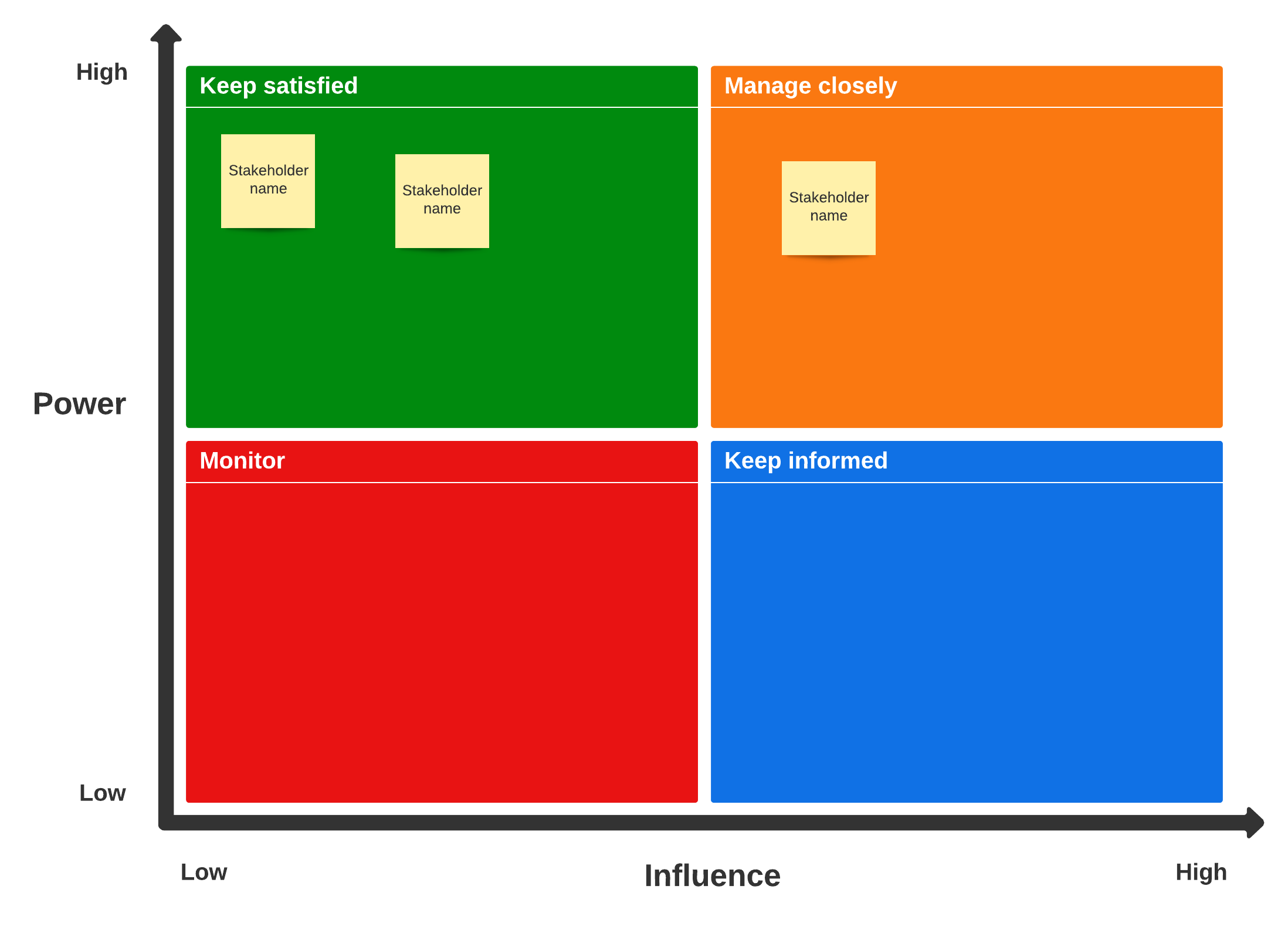Toyota is a multinational corporation that operates in various industries, including automotive, financial services, and technology. As a large and influential company, Toyota has a wide range of stakeholders, including customers, employees, shareholders, suppliers, communities, and governments. In this essay, we will conduct a stakeholder analysis of Toyota to understand the interests and expectations of these various groups and how the company addresses them.
Customers:
Customers are a critical stakeholder group for Toyota, as they are the ones who purchase the company's products and services. Toyota has a reputation for producing high-quality and reliable vehicles, and the company puts a strong emphasis on customer satisfaction. To meet the needs and expectations of its customers, Toyota offers a range of vehicles to suit different budgets and preferences, and it provides comprehensive after-sales support and service. The company also has a customer-centric approach to product development, gathering customer feedback and insights to inform its product design and features.
Employees:
Toyota values its employees and has a strong focus on creating a positive work environment. The company offers competitive compensation and benefits packages, and it provides opportunities for professional development and career advancement. Toyota also has a culture of continuous improvement and encourages employee involvement in decision-making processes. To support the well-being of its employees, the company offers various programs and resources, such as health and wellness initiatives and work-life balance support.
Shareholders:
Shareholders are a key stakeholder group for Toyota, as they own a portion of the company and are interested in maximizing their returns on investment. Toyota has a strong track record of financial performance, with steady growth in revenue and profits over the years. The company also has a dividend policy of consistently paying out a portion of its profits to shareholders. Toyota's management team is accountable to the shareholders and regularly communicates with them through earnings calls and shareholder meetings.
Suppliers:
Toyota has a global supply chain that involves a network of suppliers from various countries. The company places a strong emphasis on sustainability and ethical practices in its supply chain management and has a code of conduct for its suppliers. Toyota also works closely with its suppliers to ensure that they meet the company's quality and delivery standards. In addition, Toyota provides support and training to its suppliers to help them improve their capabilities and competitiveness.
Communities:
Toyota recognizes its role as a corporate citizen and has a commitment to contributing to the well-being of the communities where it operates. The company engages in various community initiatives, such as supporting education, promoting environmental conservation, and providing disaster relief. Toyota also has a policy of being a good neighbor, seeking to minimize its environmental impact and be a positive presence in the communities where it operates.
Governments:
Toyota has a presence in various countries around the world and must comply with the laws and regulations of these governments. The company works closely with governments and engages in dialogue with them on issues of mutual concern, such as trade, taxes, and environmental policy. Toyota also seeks to be a good corporate citizen and contribute to the economic development of the communities where it operates.
In conclusion, Toyota has a wide range of stakeholders with diverse interests and expectations. The company takes a proactive approach to addressing the needs and concerns of these stakeholders, through measures such as customer-centric product development, employee support and development, financial performance, sustainable and ethical supply chain management, community engagement, and compliance with laws and regulations. By effectively managing its relationships with its stakeholders, Toyota is able to create value for all parties and maintain its reputation as a responsible and successful company.







